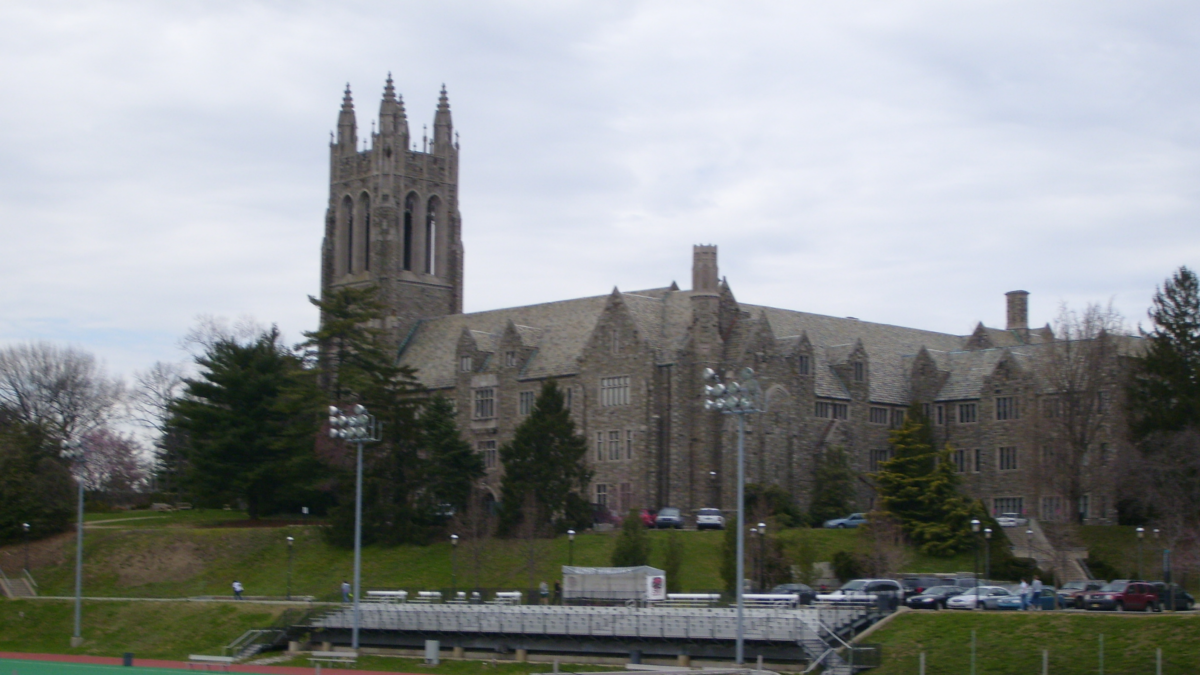Sherman Joyce: Courts in “judicial hellholes” less likely to abide by SCOTUS precedent
There is a growing trend of state courts across the nation rejecting U.S. Supreme Court precedent and improperly expanding their personal jurisdiction over cases. The American Tort Reform Foundation’s 2020 Judicial Hellholes® report examines this emerging problem.
The report looks at nine jurisdictions, shining a light on lawsuit abuse and demonstrating that they are outliers in contrast to most other courts. The biggest offenders: the Philadelphia Court of Common Pleas and the Supreme Court of Pennsylvania.
In 2016, the U.S. Supreme Court reaffirmed jurisdiction restrictions that state courts must abide by in its Bristol-Myers Squibb decision. In that case, the majority ruled that a state cannot exercise personal jurisdiction over a company that is not incorporated or headquartered in that state, when the plaintiffs do not live in that state, or if events related to the alleged injury did not occur in that state. Yet, that’s exactly what judges in these nine Judicial Hellholes do.
Following this landmark decision, state courts have had numerous opportunities to properly apply the precedent and restrict abusive forum shopping—the practice of cherry picking a sympathetic court. While many states strictly adhere to SCOTUS precedent, some have refused to comply.
A state cannot exercise personal jurisdiction over a company that is not incorporated or headquartered in that state, when the plaintiffs do not live in that state, or if events related to the alleged injury did not occur in that state. Yet, that’s exactly what judges in these nine Judicial Hellholes do.
In 2020, for example, in the number 1 Judicial Hellhole, the Supreme Court of Pennsylvania had its first opportunity to apply the BMS ruling, but it failed miserably. In Hammons v. Ethicon, Pennsylvania’s highest court openly defied the U.S. Supreme Court by allowing an Indiana resident to sue Ethicon, a New Jersey-based company, in Pennsylvania.
The singular connection between the parties and Pennsylvania was a Pennsylvania-based company, Secant, that Ethicon contracted with to design, test, and manufacture the product. The plaintiffs’ lawyer had decided Philadelphia would be the most favorable city in which to file the lawsuit.
In his dissent, Pennsylvania Chief Justice Thomas Saylor stated: “Since the Supreme Court of the United States is the highest authority. . . . I am unable to join an opinion of a state court that does not abide by its latest pronouncement.”
Keeping with the problematic trend, in November, the Missouri Supreme Court refused to review a decision by No. 7 on the Judicial Hellhole list, the City of St. Louis Circuit Court, which awarded 22 plaintiffs, including 15 nonresidents, more than $2 billion in damages in a class action brought against Johnson & Johnson involving their talcum powder. The case has been appealed on the basis that the City of St. Louis Circuit Court did not have jurisdiction over the case, in addition to other issues.
The U.S. Supreme Court is also reviewing decisions by both the Minnesota Supreme Court and the Montana Supreme Court, which have tried to exercise jurisdiction over Ford Motor Company in two cases that have no significant connection to the states in which they were filed.
Lawsuits like these place impossible burdens on businesses that are forced to navigate an unpredictable and uncertain legal minefield.
When state courts fail to follow the Supreme Court’s precedent on personal jurisdiction and allow out-of-state lawsuits to fill their dockets, it restricts access to justice for local taxpayers and further strains an already overburdened court system.
These expansive decisions plainly create economic uncertainty and entice forum-shopping lawyers to flock to potentially lucrative jurisdictions to file their cases. Furthermore, these lawyers spend millions of dollars advertising in these cities and states to drum up even more business. For example, in just a six-month period last year, trial lawyers in Philadelphia spent nearly $11 million on 73,000 local TV ads to solicit more clients.
Even before the pandemic and shutdowns, the excessive tort costs in Judicial Hellholes like California, Illinois, Missouri, and Louisiana resulted in a total annual loss of $24.2 billion in personal income and nearly 400,000 jobs lost. Taxpayers are stuck footing the bill for this hidden “tort tax,” costing more than $760 per person each year in the most litigious states.
When state courts fail to follow the Supreme Court’s precedent on personal jurisdiction and allow out-of-state lawsuits to fill their dockets, it restricts access to justice for local taxpayers and further strains an already overburdened court system.
To create a thriving economy and reduce the tax burden for everyday citizens, state judges must adhere to Supreme Court precedent and refuse to allow plaintiffs to drag out-of-state defendants into their courtrooms when the highest court in the land has determined they do not belong there.
Sherman Joyce is president of the American Tort Reform Association. He has been featured in the New York Times, the Wall Street Journal, and the Washington Post.




